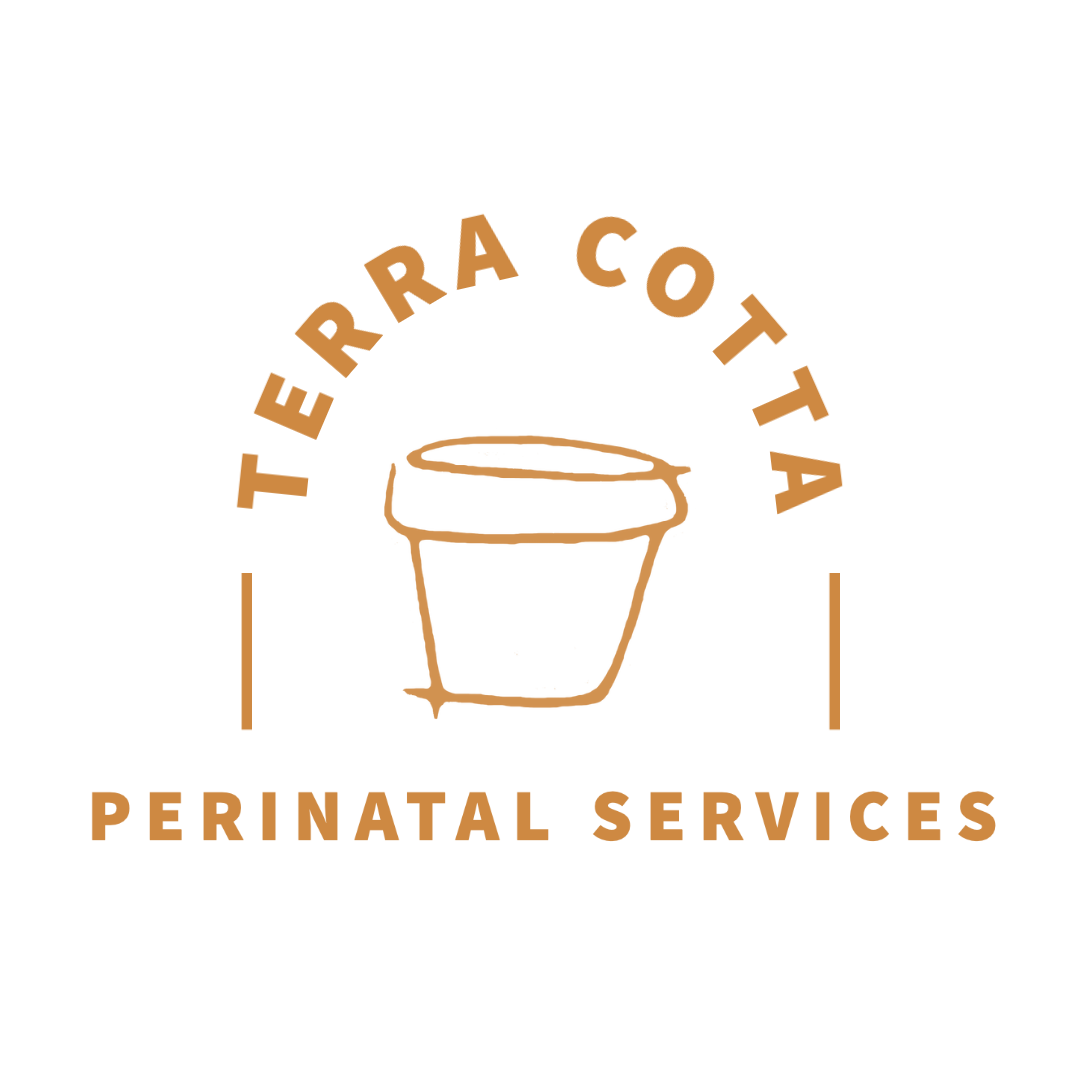8 weeks Pregnant
Congratulations! You're almost done with your first trimester.
Your baby has moved from embryo to fetus status. It's starting to develop facial features, along with these tiny little buds that will one day be arms and legs. It is beginning to move, but not in a way that you would feel just yet. At this point, it’s tiny twitches and some stretching. The fetus is inside the amniotic sac, the placenta is still forming, but now it’s even starting to build the structures that will attach it to the wall of your womb. By the end of this week, all of the baby’s future essential organs and systems will have begun developing. The fetus’s nerves are starting to spread throughout their body, and forming its connections with muscle tissue and organs. It has a heart rate of 150-170, all in a fetus the size of a kidney bean, and measuring somewhere between 3/4 and 1 inch.
This is a lot of growth for two short months. Your womb has already done some serious growing, as well, and is now the size of a lemon! At this point, depending on how regular your cycle is, you’ve probably missed even a second period now. For those of you with irregular cycles, you might be just considering picking up a pregnancy test, or maybe had a feeling you might be pregnant but are just now getting it confirmed. You’ve likely hit more intense early pregnancy symptoms, like feeling tired, having tender breasts, and feeling some bloating, headaches and morning sickness. Your discharge is likely to become creamy and white because of all the extra estrogen floating around, and you might even start to have more vivid dreams.
At this point, your focus starts to shift to your nutrition, your care team, and your mental health.
You might not be able to keep much down, but try to focus on fresh veggies, leafy greens and lean proteins when you can. Even if toast is all you want in the morning, see if you can add almond butter or an avocado to it without it being too rich for your palate. You don’t have to be too hard on yourself, but instead try to find ways to add nutrition into what works for you.
In early pregnancy, your care team is likely comprised of a doctor you either went to to confirm pregnancy, or a gynecologist that you saw pre-pregnancy. These providers might very well deliver babies, too. But now is the time to start considering if this provider really checks all of your boxes. Do they make time for your questions? Do they have privileges at the hospital or facility where you are hoping to deliver? Have they started talking to you about educational resources and community resources that can help you prepare for what’s coming? Do they only talk about one “kind” of birth? Answer these questions for yourself, and consider reaching out to friends or even community Facebook groups for recommendations of providers that are aligned with the support and care you are looking for.
With all of the hormonal changes happening internally, and even just digesting the weight of the pregnancy news, you likely have all kinds of emotions flying around. It’s very common to have excitement/fear/anxiety/joy/resentment/hope and a deep sense of overwhelm no matter how much you have or have not prepared for this moment. This is one of your first opportunities to prepare for birth and parenthood! Because, ultimately, you are in charge but not in control-and that applies to you for basically the rest of your life, now. You don’t get to decide what twists or turns come your way, but you do get to decide how much support and education you prioritize to better equip you to navigate those twists and turns. So feel your feelings, but try not to let the overwhelm get you down. One breath at a time, one day at a time, you will get through this.
some next steps to consider:
start reaching out to friends/acquaintances/Facebook groups in your area. look for information, resources, providers that might be helpful for you at this stage. Is there a book that a friend of yours that just had a baby found super helpful? Does anyone know of doctors that do home births in the area? Has anyone had experience with (insert your doctors name) in labor?
consider trained birth support to help you in the prenatal period. Many doula clients opt for signing in the second trimester, but start looking in to support options in their area between 8 and 12 weeks. The beauty of a doula at this stage is that they can help you avoid the overwhelm, and point you to class offerings, books, podcasts and websites with trusted information to help empower you with information, and not scare you or stress you out.
this might feel like a silly suggestion, but start following pregnancy/prenatal/doula/birth educators/prenatal nutritionists/pelvic floor therapists on social media! TikTok and Instagram are chock full of good information these days, along with affirmations and words of encouragement. Plus, the more you are around the terminology birth workers use, the more you’ll familiarize yourself with the process. If you have a firmer grasp on birthy things before you take a class, you’re actually able to get more out of it/ask better questions/feel more prepared.
That’s all for week eight! You’re doing a great job growing that babe, and there’s a lot going in in your body and in your world these days. Go easy on yourself, and remember that you aren’t supposed to know all the things yet. Or ever, really.
Keep breathing, and we’ll check in at week 12!
Fill out the form below to stay updated on a Terra Cotta Pregnancy!

